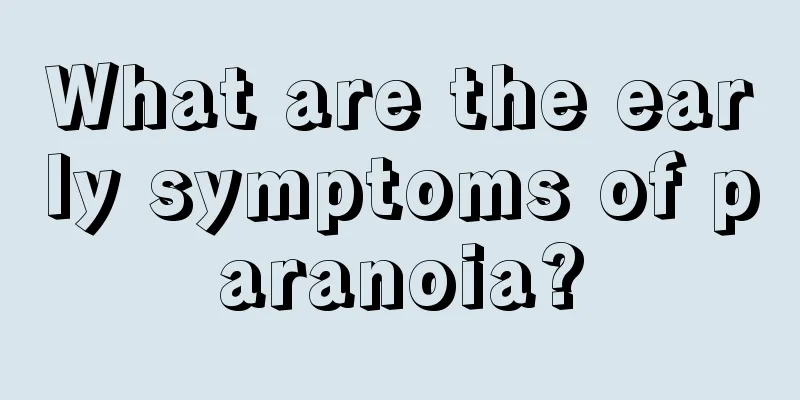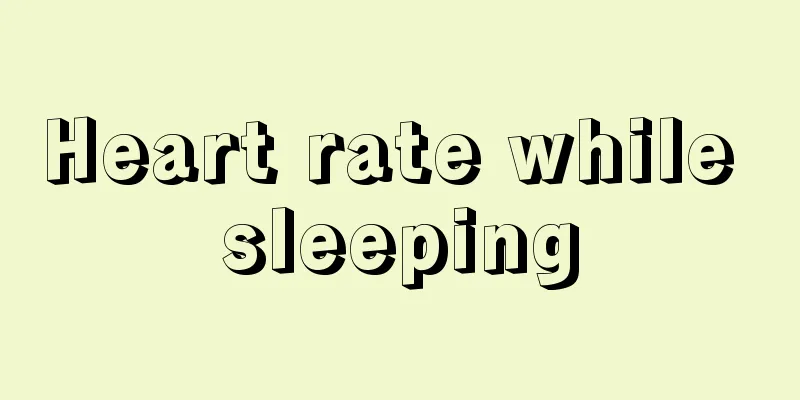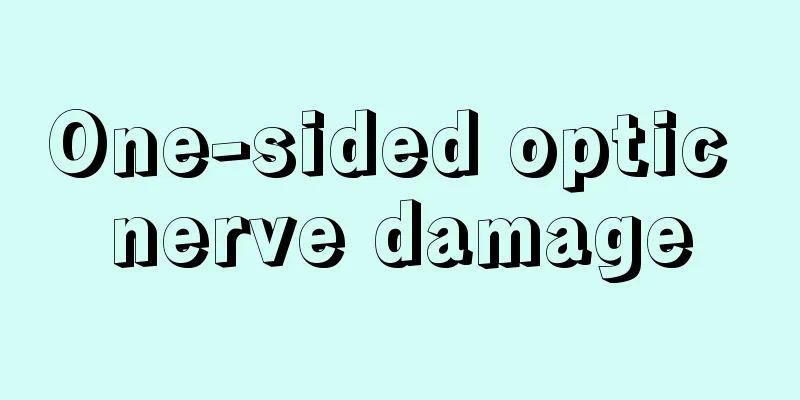What are the early symptoms of paranoia?

|
Persecution delusion is one of the symptoms of delusion, which is a disease of the human mental system. People with persecution delusion will have some mental problems. In the early stages, they tend to show fear or inner terror. At the same time, they are prone to feel that others are going to harm them. They need to be treated early and their condition needs to be observed more often. What are the early symptoms of paranoia? Clinical manifestations Patients are often in a state of fear, feeling that they are being talked about, framed, plotted against, having their property robbed, or being raped, etc. They often have suicidal attempts and have special personality defects, such as subjectivity, sensitivity, suspicion, strong self-esteem, self-centeredness, and fantasy. Persecutory delusion is the most common type of delusion. Patients are often in a state of fear, feeling that they are being talked about, framed, plotted against, having their property robbed, or being raped, etc. Delusions of persecution often involve suicidal intent, which can lead to disaster if not diagnosed and treated early. People who suffer from delusions often have specific personality defects, such as subjectivity, sensitivity, suspicion, strong self-esteem, self-centeredness, and fantasy. This is often related to certain stimulation the patient received in childhood, lack of maternal love, and lack of good interpersonal relationships with others. Persecutory delusion is a type of schizophrenia. "Delusion" refers to the patient's suspicion and worry all day long, random reasoning and judgment, and impaired thinking. It is an important symptom of mental illness. Patients may experience hallucinations but no other obvious psychiatric symptoms. Delusion is a major manifestation of abnormal thinking. Delusion is a distorted belief, morbid reasoning and judgment that arises on a pathological basis. Delusions with coherent content and compact structure are called systematic delusions; delusions with fragmented content, inconsistency and lack of logic are called non-systematic delusions. The content of delusions is generally related to personal experience, social and cultural background. Sometimes it clearly reflects real-life content. With the progress of the times, the content about religion, supernatural powers, ghosts, foxes, etc. has been significantly reduced, and has been replaced by modern technology such as eavesdropping devices, lasers, and computers. Delusions are sometimes easily confused with some wrong ideas that normal people hold, such as prejudice, superstition, and misunderstanding, but these latter ideas are mainly caused by factors such as thinking methods, level of cognition, environmental influences, personal emotional influences, lack of scientific knowledge, etc. They can be corrected as they acquire knowledge and accumulate education and life experience. treat Most patients with delusional disorder will not actively seek help from psychiatrists. Even if they are willing to seek medical treatment, they will rarely follow the doctor's advice for treatment. Because delusional patients (especially those with morbid jealousy) may have suicidal and murderous motives, the patient's dangerousness should be assessed as soon as possible. 1. Drug treatment The treatment of delusional disorder mainly relies on drugs, but different types of delusional disorder should require different treatments. Antipsychotics are one of the first-line drugs. If the patient does not cooperate with treatment, consider using a long-acting intramuscular injection. Antidepressant medications may be used if the patient has significant mood swings, including post-psychotic depression. Currently, the most commonly used antidepressants include traditional Chinese medicine and Western medicine such as tricyclic antidepressants. 2. Psychosocial therapy Mainly by providing support to patients to change certain behaviors. Additionally, patients should avoid excessive stress, including major life events. Cognitive behavioral therapy may improve patients' delusions, but it is only auxiliary. Psychoanalytic therapy may exacerbate irritation and do more harm than good. If the patient agrees, his or her family should be encouraged to participate in the treatment plan, which will help the treatment progress. |
<<: What are the early symptoms of kidney failure?
>>: What are the symptoms of severe menopause?
Recommend
Symptoms of erythema nodosum
Many people don’t understand erythema nodosum. Ge...
Symptoms of pituitary tumors in women
In our lives, there are often some female friends...
What to do if you can't eat and vomit after eating in the late stage of gastric cancer
Gastric cancer is a common malignant tumor of the...
Can nasopharyngeal carcinoma be cured by mid-term radiotherapy and chemotherapy?
Can nasopharyngeal carcinoma be cured by mid-term...
What is the reason for the low average volume of red blood cells?
One of the results of a routine blood test is a r...
What are the folk remedies for treating hernia?
Hernia is very common. The main reason is the dis...
Is lipoma contagious?
I believe many people know that there are many in...
Auxiliary chemoradiotherapy after esophageal cancer surgery is crucial
My father is 66 years old. He was diagnosed with ...
Which vegetables can prevent breast cancer
When it comes to women's health, many of us a...
Is glutamyl transpeptidase 146 considered high?
In daily life, many people often have irregular d...
How to treat acne on nipples?
Acne is a very common skin problem in real life. ...
Complications of mandibular cancer
Some patients may experience toothache and local ...
What should you not eat if you have prostate cancer
Prostate cancer is the second most common cancer ...
What to do if you have insufficient Qi and blood and lose your hair
Insufficient qi and blood may cause many problems...
Introduction to nursing methods for colon cancer
Colon cancer is divided into three stages like ot...









